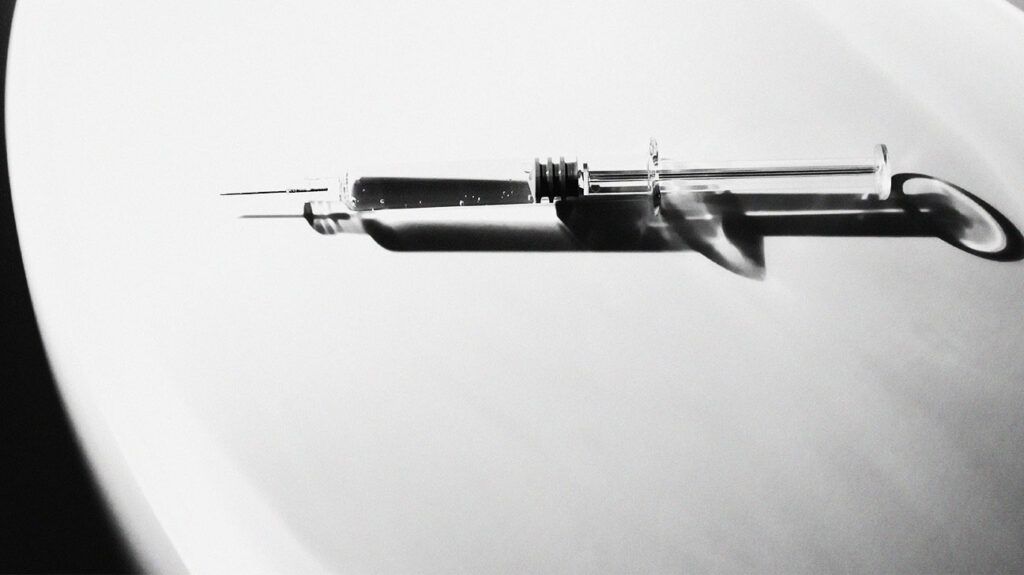Light Therapy Shows Promise in Reducing Heart Damage After Non-Cardiac Surgery

Intense light therapy may protect the heart from injury after non-cardiac surgery by activating protective proteins and improving vascular health, offering a promising new approach to reduce postoperative cardiac complications.
Recent research indicates that intense light therapy administered after non-cardiac surgical procedures can significantly protect the heart from injury. A study conducted by CU Anschutz Medical Campus found that patients receiving 30 minutes of bright light at sunrise over five days experienced an increase in the protective protein PER2 and elevated levels of ANGPTL4, both of which bolster vascular health. Concurrently, these patients exhibited lower levels of troponin, a biomarker associated with heart damage and increased mortality risk. The findings suggest that bright light enhances circadian rhythms, which in turn reinforce cardiac resilience, especially in patients over 45 who are at higher risk for myocardial injury post-surgery. In animal models, bright light exposure not only strengthened the endothelium but also activated pathways involving PER2 and ANGPTL4. Notably, the therapy's benefits were observed even when PER2 was absent, hinting at alternative protective mechanisms like ANGPTL4 administration. The research reinforces the potential of light therapy as a novel, non-invasive approach to prevent myocardial injuries, which currently lack specific treatments and are linked to about 20% of complications after surgery. Preliminary trials in humans mirror the positive results seen in animals, with the hope that further clinical studies will cement intense light therapy as a standard protective strategy in surgical care.
Stay Updated with Mia's Feed
Get the latest health & wellness insights delivered straight to your inbox.
Related Articles
ISS Study Connects Astronaut Bone Loss to Stem Cell Changes in Microgravity
Research from the ISS reveals how microgravity affects stem cells, leading to bone loss in astronauts. This discovery has implications for osteoporosis treatment and space medicine.
Preclinical Research Uncovers Secret Behind Rapid Oral Wound Healing
A new preclinical study uncovers the cellular mechanisms that enable the mouth to heal wounds rapidly and without scarring, paving the way for regenerative skin treatments.
New Vaccination Strategy Shows Promise in Preventing Recurrence of Colorectal and Pancreatic Cancers
A novel off-the-shelf vaccine shows promise in preventing recurrence of colorectal and pancreatic cancers with KRAS mutations, offering hope for improved cancer immunotherapy outcomes.
How Changes in CT Scans Over a Year Predict Outcomes in Fibrotic Lung Disease
Recent advances in AI-enhanced CT scan analysis enable early prediction of disease progression and survival in patients with fibrotic lung diseases, potentially transforming patient management and treatment strategies.



